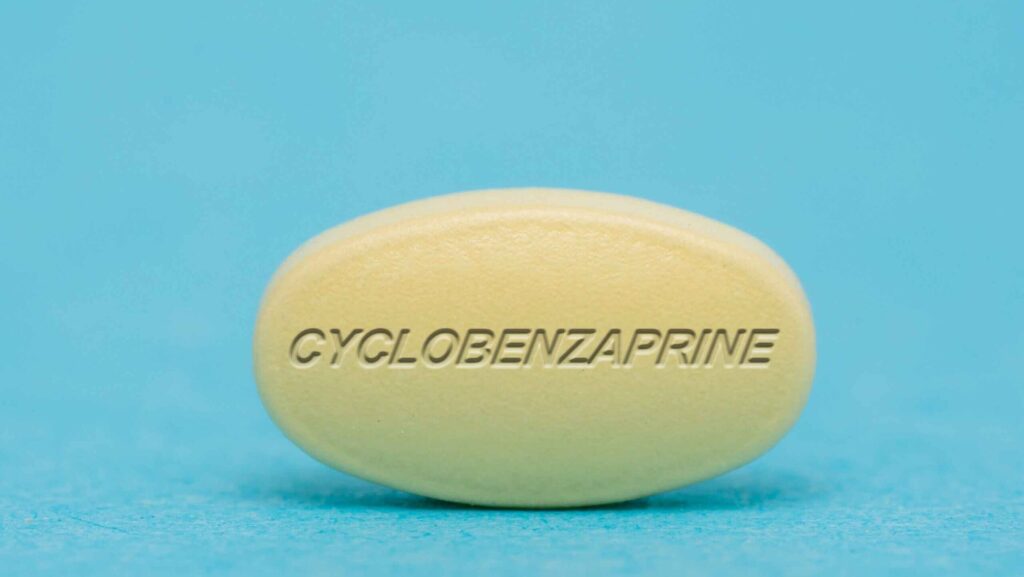What is California Sober?
Have you quit drugs? Have you quit drinking? Are you going California Sober? There is no official definition of California Sober. Some people refer to it as only using substances or “soft drugs” such as marijuana while cutting out all “hard drugs” such as cocaine, heroin and alcohol. One definition of the term refers to the occasional use of alcohol or even other hard drugs in a controlled setting because of the belief that it can offer mental health benefits. Other definitions of the term refer to only using marijuana and alcohol in moderation and avoiding other drugs. Advocates for this semi-sobriety approach claim that marijuana offers therapeutic benefits when trying to overcome an addiction.
What is California Sober? Read More »










